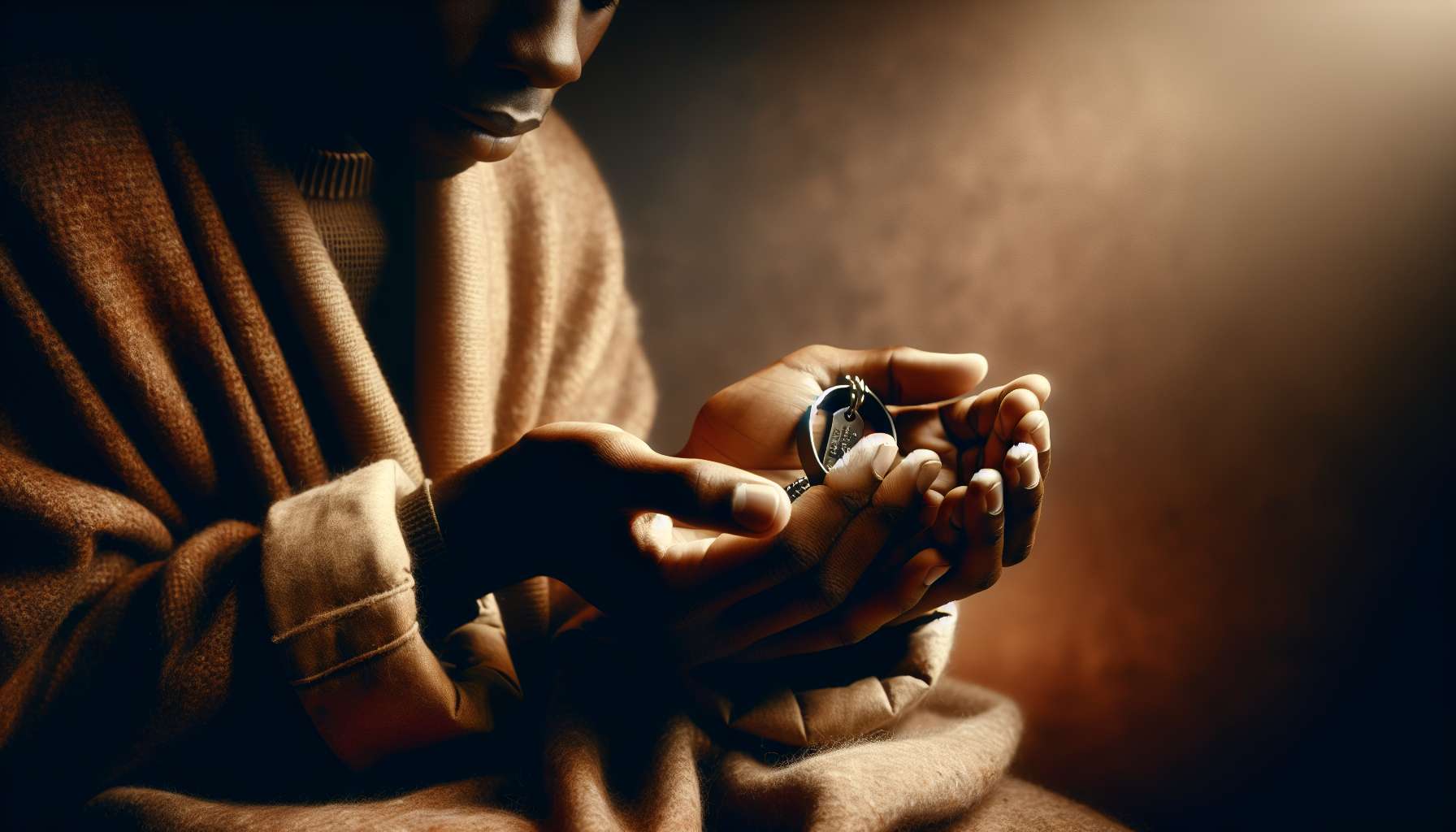Animal bereavement has specific characteristics that distinguish it from other forms of grief. Although the loss of a pet triggers emotions and reactions comparable to those experienced during the death of a loved one, it also entails unique challenges, related to the special status of animals in our society.
One major feature of animal bereavement is the emotional intensity it can take on. As we saw in the previous sub-module, the bond between a human and his or her animal companion is often one of deep and uncommon sincerity. The animal is a confidant, a constant accomplice, offering unconditional love and reassuring presence. Loss can thus be felt with particular acuity, leaving a gaping void in the daily life and heart of its owner.
Yet, this suffering is often minimized, even denied, by others. “It was only an animal,” “You can get another one,” are all hurtful phrases that reflect society’s misunderstanding of this form of grief. Because despite the increasing importance of pets in our lives, their mourning remains an “illegitimate” grief, socially unrecognized. There are no collective rituals to honor their memory, no leave granted to mourn their loss.
This absence of social recognition is one of the cruelest peculiarities of animal bereavement. It often leads the bereaved to experience their grief in silence, for fear of being judged or misunderstood. Being open about their sorrow, talking about the lost animal becomes a challenge, despite the fact that sharing memories and emotions is crucial in the grieving process. This loneliness can considerably complicate and prolong the grieving process.
Another unique element of animal grief is the guilt that often accompanies it, especially when the animal had to be euthanized. Even when this decision is made to alleviate a sick or old animal’s suffering, it is frequently accompanied by a feeling of betrayal, a crushing moral weight. Being “responsible” for your companion’s death, having to choose the moment and circumstances of its departure, is a heart-wrenching experience. It often leaves a nagging doubt: Did I make the right choice? Did I act too soon, or perhaps, too late?
This guilt can be reinforced by others, quick to judge without knowing the details of the situation. Society tends to regard animal euthanasia lightly, as an easy solution, without understanding the complexity and pain of such a decision. Again, lack of recognition for this specific pain can greatly hinder the grieving process.
Animal bereavement also has particular repercussions on family dynamics. Each family member had their own relationship with the animal, more or less close, more or less invested. Reactions to its loss can therefore vary greatly, sometimes causing misunderstandings and tensions. It’s not uncommon for children to experience their first bereavement with the loss of an animal, raising delicate questions about how to discuss death with them. For the older people, often deeply attached to their pet, this grief can bring up past losses and a keen awareness of their own mortality.
Lastly, grieving a pet often upsets the owner’s identity and benchmarks. Having been “Max’s master,” “Felix’s mom,” was a significant part of self-definition, a validating and structuring role. The demise of the pet calls this identity into question, leaving a sense of emptiness and loss of meaning. Especially since the pet was often a privileged witness to everyday life, the one to whom joys, sorrows, and secrets were confided. Losing this confidant means losing part of one’s history, one’s intimate memory.
All of these specifics make animal grief a separate form of grief that cannot be resolved using the same patterns as human grief. It requires tailored care, acknowledging the legitimacy of this sorrow and allowing it to be expressed. Offering a compassionate listening space, free of judgement, is essential for helping the grieved express what they are going through and feeling understood. Encouraging them to honor their animal’s memory through personalized rituals, to write about their unique relationship, can also be very therapeutic.
The goal is to help them integrate this loss into their story and give it meaning, without denying the pain it triggers. Even though it is unique in many aspects, animal bereavement is still a true grief which requires time, compassion, and heart-centered support to navigate through.
Takeaway Points:
– Animal grief has specific attributes that differentiate it from other types of grief, even though it triggers emotions similar to those experienced during the death of a loved one.
– The emotional intensity of animal grief is particularly strong due to the depth of the bond between the human and his or her animal companion.
– Animal grief is often minimized, or even denied by others, as it remains an “illegitimate” grief, not recognized socially, hence causing the mourners to suffer in silence.
– Guilt often accompanies animal grief, particularly when the animal had to be euthanized, leaving a persistent doubt about the decision made.
– Animal grief has particular impacts on family dynamics, as each member has his or her own relationship with the animal and reacts differently to its loss.
– The loss of a pet often disrupts its owner’s identity and benchmarks, challenging a significant part of self-definition.
– Animal bereavement requires tailored care, offering a compassionate listening space and encouraging the expression of grief and tribute to the lost animal.
– Even though it’s unique in many ways, animal grief remains a real grief that requires time, compassion, and heart-based support to go through.
👉 To download docx (Editable) file click here : Click here
👉 To download PDF file click here : Click here
👉 To download MP3 file click here : Click here







